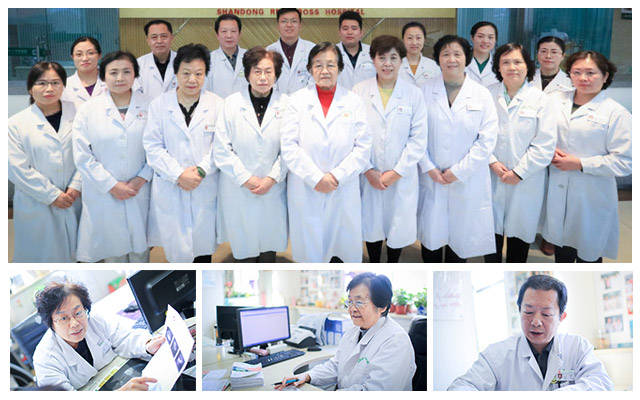Treating Polycystic Ovary Syndrome (PCOS) is a comprehensive process that typically involves medication, lifestyle changes, and surgery when necessary. Here is a detailed explanation of treating PCOS:
Medication
Birth control pills: For women not planning pregnancy, oral contraceptives can help regulate estrogen and progesterone levels, improve menstrual cycle regularity, and reduce levels of male hormones.
Ovulation-inducing medications: For women trying to conceive, doctors may prescribe ovulation-inducing medications like clomiphene citrate. These medications help stimulate follicle growth and egg release, increasing the chances of conception.
Insulin-regulating medications: If PCOS is accompanied by insulin resistance, doctors may consider prescribing insulin-regulating medications like metformin to improve insulin sensitivity and hormone levels.
Lifestyle Changes
Healthy diet: Adopting a low glycemic index (GI) diet, high-fiber foods, and balanced nutrition intake can help control weight and improve insulin resistance.
Weight management: For overweight or obese patients, weight loss can significantly improve PCOS symptoms and fertility.
Increase in physical activity: Moderate aerobic exercises such as walking, jogging, or swimming can help reduce weight, improve cardiovascular health, and reduce the effects of hormonal imbalances.
Surgical Interventions when Necessary
Ovarian drilling: In certain cases where medication therapy is ineffective or unsuitable, doctors may consider ovarian drilling to help stimulate egg development and release.
Ovarian wedge resection: For patients with severe cysts affecting reproductive function, ovarian wedge resection may be necessary to reduce the number and size of cysts, thereby improving ovarian function.
Management and Prevention
Managing PCOS usually involves long-term monitoring and adjustments. For women planning pregnancy, a well-designed treatment plan and professional medical advice are crucial. Early intervention and lifestyle changes can help reduce the health risks associated with PCOS, such as diabetes and cardiovascular diseases.
Jinan Honghui Hospital is situated north of the beautiful Hero Mountain Chixia Square. The hospital specializes in integrating traditional Chinese and Western medicine. With an elegant environment, reasonable layout, complete specialties, advanced equipment, and strong technical expertise, it is a high-tech modern comprehensive hospital that combines medical treatment, research, prevention, relief, and education.
Jinan Honghui Hospital upholds the service tenet of “serving the people and benefiting society,” embodies the international Red Cross spirit of “humanity, altruism, and dedication,” and adheres to the concept of “first-class technology, first-class service, first-class environment, first-class image, and first-class management.”
Jinan Honghui Hospital, known for its integration of traditional Chinese and Western medicine, offers an elegant environment, rational layout, complete specialties, advanced equipment, and strong technical capabilities. It is a high-tech modern comprehensive hospital that integrates medical treatment, research, prevention, relief, and education.
Driven by the principle of wholeheartedly serving patients and not profit-oriented, Jinan Honghui Hospital actively engages in charity activities in a for-micro-profit operation, delivering the gospel to a wide range of surrounding patients with the “heart of a healer” and exquisite skills alongside top-notch services.
In conclusion, the treatment of polycystic ovaries involves multifaceted measures aimed at improving symptoms, restoring fertility, and enhancing quality of life. Personalized treatment plans and continuous medical support are key to successfully managing polycystic ovaries.


